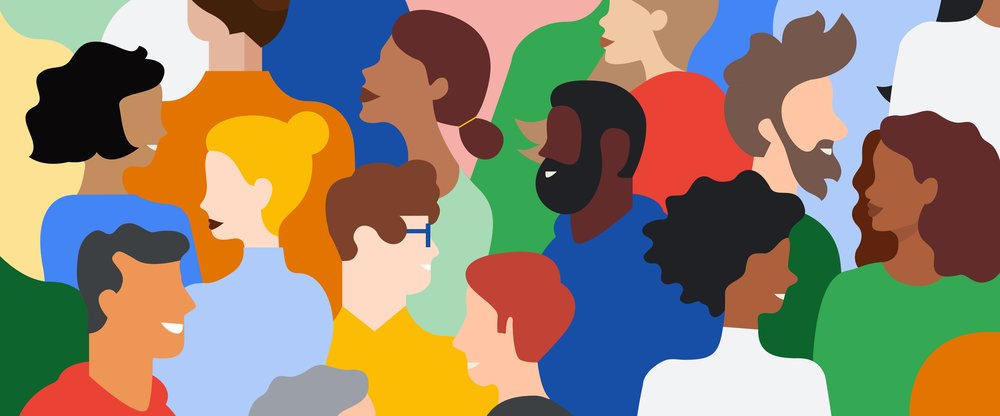ADVOCACY: Access to information is a health equity issue
The pandemic has shown us the critical role that information plays as a driver and determinant of health. Access to high-quality information about health is an equity issue, and one that is as important to global health as tackling the proliferation of health misinformation. Technology platforms and healthcare experts alike have key roles to play to ensure that everyone has the opportunity to be informed about their health
As anyone who has worked in public health knows, education is a core pillar of how we strive to help communities live healthier lives. Effective communication is at the heart of improving people’s health – we want people to better understand the ways that our individual and community actions affect our own health and the health of those around us.
The degree to which information and communication impact health outcomes has been brought into sharp view over the past two years as the world battled a misinformation epidemic alongside the Covid-19 pandemic. I believe that to advance health equity in 2022 we need to consider where and how people access information about their health, the quality of that health information, how easy it is to understand and how it helps people to take action.
This is particularly the case when it comes to communities who may feel underserved by traditional healthcare approaches to communication and education.
Outside the doctor’s office
The reality is that the majority of healthcare decisions are made outside the doctor’s office, in the everyday lives of our patients. As physicians we only have limited opportunities to connect with people within the exam room – how can we better show up at many more points within a patient’s day, bringing health information into their lives through the spaces they already visit?
How can we connect with them through the messengers they trust?
Google Search and YouTube are already a part of a patient’s journey, when they turn to us for answers to their health questions, look for a community who understands what they are experiencing or find helpful videos that explain complicated medical information more easily.
We’re deeply invested in making sure our research, products and technologies can help billions of people live healthier lives – especially the communities that have historically been underserved by health care.
For example, Google Search has features that help people easily access care that’s right for them – from showing appointment availability to finding in-network care options. We’ve also updated our search experience to make it easier to navigate United States government benefits programmes, such as Medicaid which covers one in four people including about half of all children in the US. Search also provides information for tens of thousands of Covid-19 testing sites worldwide, and has worked with dozens of partners to highlight more than 200,000 vaccination sites across the globe.
The shift towards more democratic means of mass communication, from blogging to social media to video-sharing sites like YouTube, has included health communication too. As health leaders, we have a responsibility to keep pace with these changes in where and how people find information so that we can meet people where they are and connect them with resources from credible sources.
Our healthcare partnerships
That’s why YouTube Health has worked over the past two years to build partnerships with a wide range of credible, trusted experts across the healthcare industry. We have a responsibility to make sure that people are finding information from evidence-based authoritative sources, to help tackle the serious problem of medical misinformation.
We also know that health leaders also have a responsibility to keep pace with the changes in where and how people find information, and so YouTube Health is investing in helping the industry to learn the skills of video production, so that health leaders can connect with people in ways that are not only scientifically accurate, but also culturally relevant and engaging.
Video is a particularly effective format for sharing health information in ways that are accessible and digestible not only to a professional audience but to everyone. Regardless of a person’s literacy level, location or language, video can be easy to understand – even on a mobile phone. As we strive to make public health information truly public, mobile video formats are a critical tool for reaching global audiences at scale and providing free and equitable access to the best and brightest thinking in science and medicine.
The scale and reach of platforms like Google Search and YouTube can radically increase equity of access to high-quality health information, by breaking down barriers between the ivory towers of academia and the everyday people who want to understand how to take better care of themselves and their families.
Together, we can reimagine how health information is shared and help everyone, everywhere, to live healthier lives.












